The dairy-free craze (especially milk) seems to be at an all time high. With the exception of lactose intolerance and avoidance due to ethical reasons, many are going milk-free for its perceived health benefits.
Is milk bad? Do I need to consume milk?
Let’s find out!
Nutritional value
- Minerals: Calcium, magnesium, phosphorus, potassium, zinc
- Protein
- Vitamins: A, D, B2, B12
Milk from animal (such as cow’s milk) is a great source of high quality protein with all the essential amino acids (like leucine, which is involved in muscle synthesis). Milk proteins such as whey and casein (commonly found in protein powders) are ideal for active individuals when it comes to muscle growth and recovery.
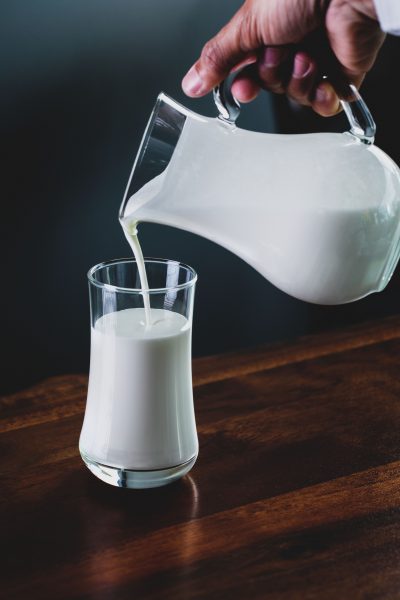
Milk is also rich in calcium. Calcium is needed for the maintenance and development of bones and teeth. It is also involved in muscle and heart contractions as well as blood clotting. Low intakes of calcium have been associated with low bone mineral density, which can lead to osteoporosis and an increase risk of fractures.
As we age, we naturally lose bone mass. The best way to protect ourselves against this is to achieve peak bone mass, which can be done between 19 – 30 years old. A combination of weight bearing exercises and nutrition is needed. Calcium and vitamin D are key nutrients at this stage. As such, unnecessary restriction of calcium rich foods such as milk is concerning.
Common Milk Myths
Milk is fattening
First of all, no foods are inherently fattening. Overconsumption of ANY food can lead to weight gain.
With regards to dairy, research actually suggests that consumption can help with body weight and composition [1]. This is probably due to the proteins found in dairy, and its ability to regulate food intake and appetite.
If you’re concerned about the calories, opt for low-fat or fat free options.
Milk causes acne
Science does not support the link between the consumption of milk and acne. In fact, the general consensus is that acne is not caused or influenced by diet (at least not as much as we think). Genetics, hormones and the environment seem to play a bigger role.
If you have skin related issues or acne, see a doctor before cutting out foods unnecessarily.

Milk is acidic and therefore, bad for health!
Milk is slightly acidic in nature, BUT it does not increase the acidity of the body! Milk or any other food DO NOT influence body pH levels. If they had the ability to do so, you’d be dead.
Your body has tight regulatory systems in place to keep the body’s pH between 7.35 – 7.45.
Milk causes inflammation
The only time milk can cause inflammation is when it is related to an allergy reaction.
In this case, you should NOT be consuming milk.
Calcium tablets are enough
Calcium is not the only nutrient that milk is rich in (refer above). Plus, the other nutrients in milk such as magnesium and vitamin D, helps the body to absorb the calcium and takes it to where it needs to go – the bones!
Calcium tablets are NOT enough to replace milk! You would need to consider the other nutrients.
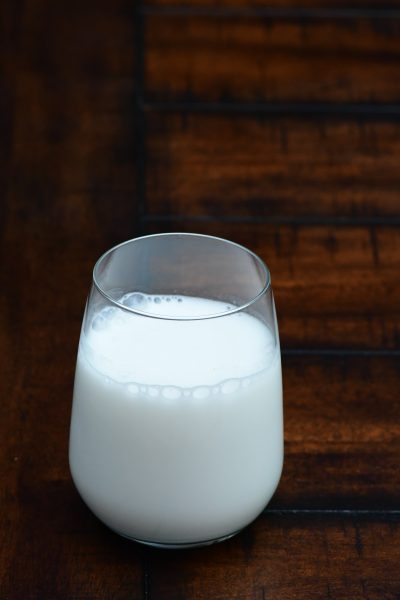
What if i am lactose intolerant?
Individuals with lactose intolerance lack the enzyme lactase that is needed to breakdown the sugar in milk (lactose). As such, they can suffer from tummy issues such as excess gas, diarrhoea, bloating etc due to the malabsorption of lactose.
If you get stomach issues after drinking cow’s milk, here’s what you can do:
- Try lactose-free milk. If you do not have symptoms, then you are indeed lactose intolerant. Lactose-free milk would be a good option for you.
- Alternatively, you can opt for alternative milks (soy/oat/rice/almond etc) that are fortified with calcium (at least 100mg per 100ml).
Even if you are lactose intolerant, you are likely to be able to tolerate up to 2 cups per day. I’d recommend consuming at separate meal times, about 50-100ml per sitting.
How much should I be drinking?
According to the guidelines [2], most individuals require about 2.5 – 3 servings of dairy.
250ml of milk = 1 serve
The no. of servings of dairy can be achieved via a combination of dairy foods (cheese, yoghurt etc) and not just milk.

Random milk and calcium facts [3]
- Calcium absorption is highest during infancy and puberty
- Oxalates, phytates and fibre can decrease calcium absorption
- Lactose improves absorption of calcium
The bottom line
At the end of the day, whether or not you should drink milk is completely your choice. If you have no issues with it, there is no reason to restrict as you might be missing out on key nutrients.
If you have any doubts or questions, do seek professional advice from a dietitian.
Hope this was helpful! Have an awesome day!


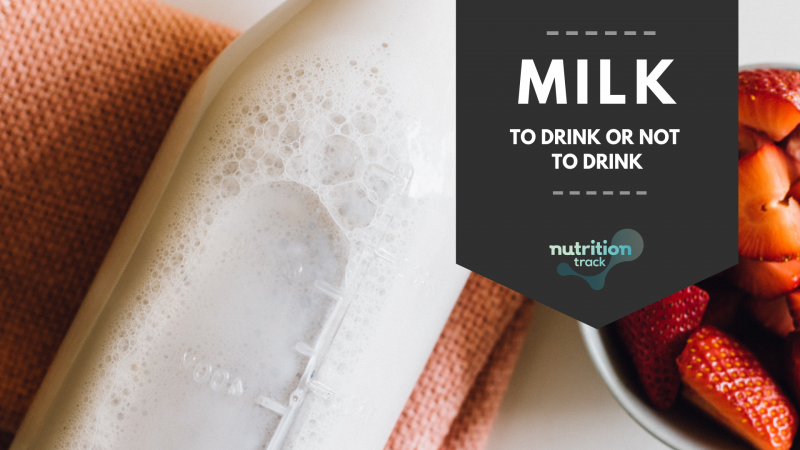
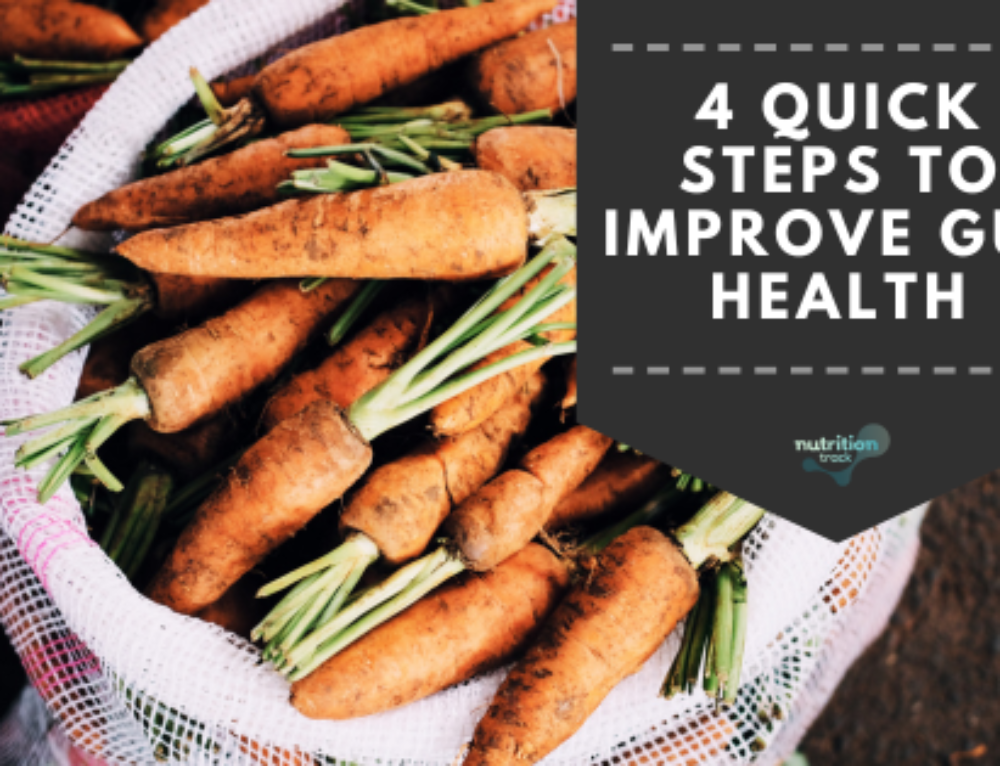

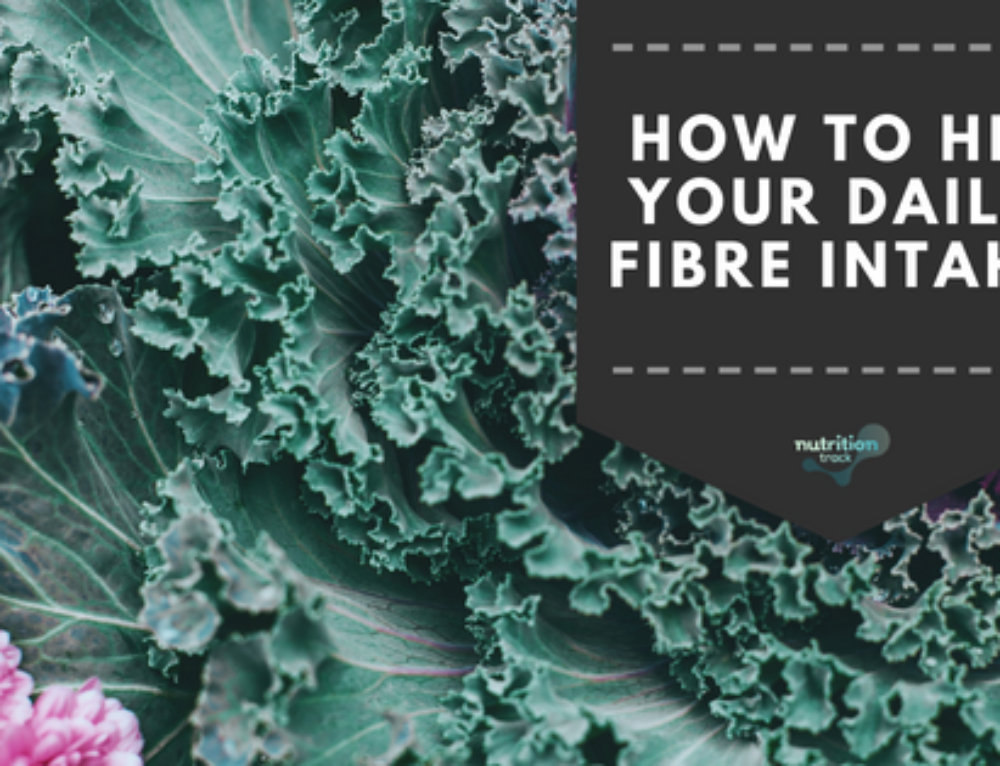
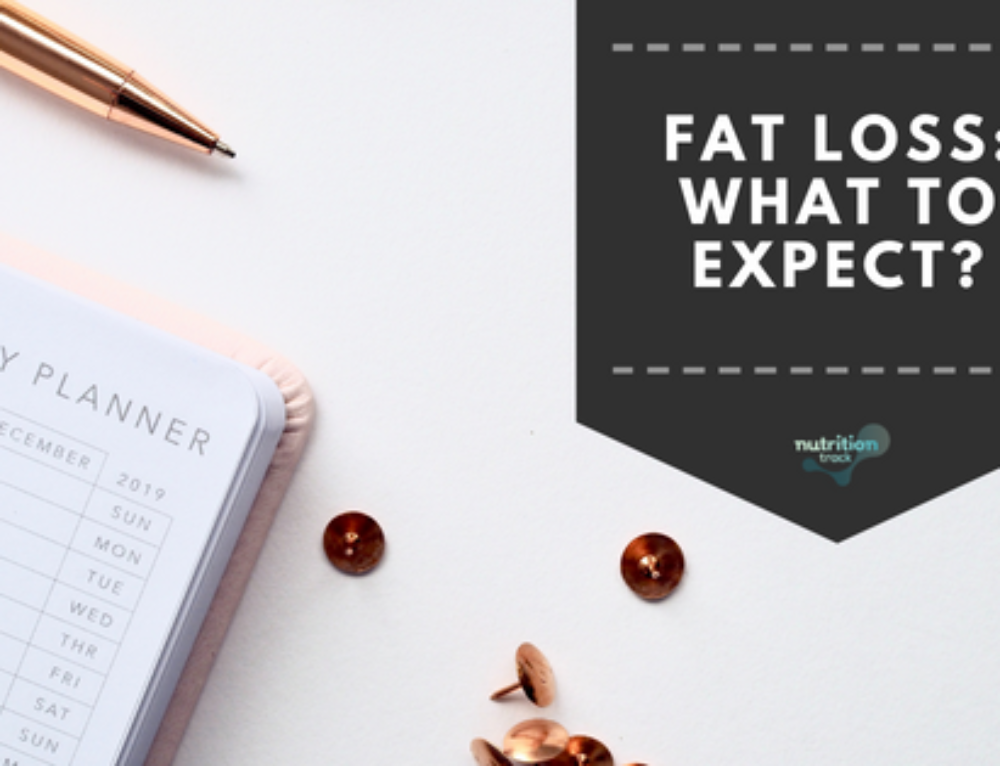
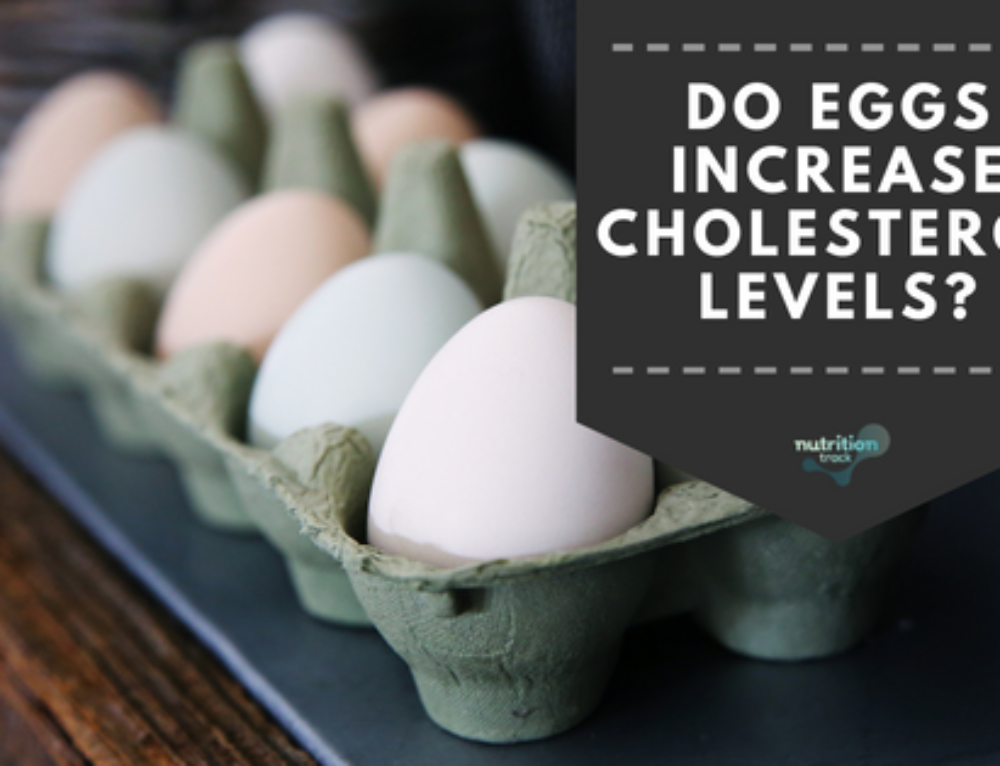
Leave A Comment